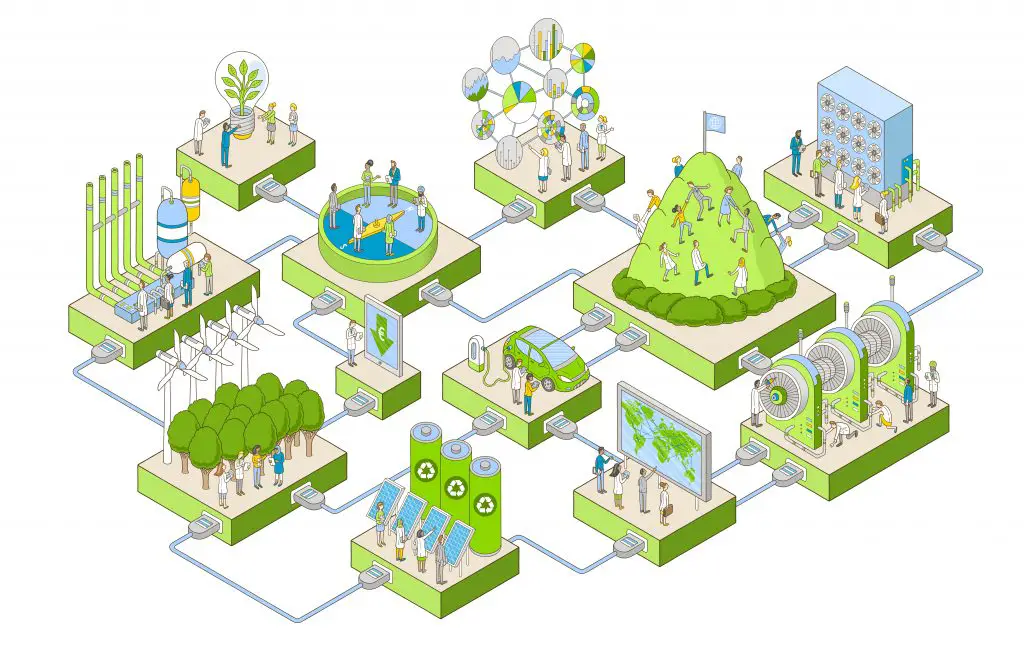
Pharma is seldom
top of mind when thinking about the most polluting industries, but
pharmaceutical industry operations are in fact responsible for a significant
portion of the world’s greenhouse gas emissions – even rivaling industries that
are far more associated with contributing to the problem.
“The total global emissions of the pharma sector amounts to about 52 megatonnes of CO2e in 2015, more than the 46.4 megatonnes of CO2e generated by the automotive sector in the same year,” reported Lotfi Belkhir in The Conversation in 2019.
Although public
awareness of this reality may be low, many leaders in pharma seem to understand
that they need to be a part of the solution. More and more companies in the
pharmaceutical and biotech world are making the pledge to become Net Zero by
2050, in line with the goal set by the UN – and some are dedicated to achieving
this carbon neutrality even earlier.
Making
the value chain carbon neutral
Novo Nordisk, for example, has committed to reaching net zero by 2045, with an interim target of zero CO2 emissions from operations and transport by 2030. To get there, they are focusing on their use of electricity, how they design their products and their suppliers, which are all major areas responsible for big pharma emissions.
“The pharma industry needs to target its entire value chain if it wants to make a real dent in reducing carbon emissions,” wrote Darcy Jimenez in a recent article in Pharmaceutical Technology. Some of the avenues suggested for pharmas to reduce their carbon footprint included:
- Adopting a continuous manufacturing process in drug production (as opposed to batch manufacturing)
- Getting energy from renewable sources
- Investing in greener fuels for shipping
- Using more eco-friendly and less wasteful forms of packaging
Though it can
take a lot of work and upfront investment to make these changes (not to mention
getting past the very human resistance to change in general), investing in
green technology and processes is a win on all fronts. Not only is it good for
the planet, but it tends to be very good for the bottom line as well. After
all, less waste usually equals lower costs.
Sustainability
is fueled by knowledge
Whether a pharmaceutical business is wondering what green manufacturing processes it should consider adopting, or which sustainable materials can be used in the building of a new facility, having reliable information at the ready is a must. Solutions like Knovel and ScienceDirect are valuable resources for learning about sustainable alternatives and keeping up with the latest research and vital data in this fast-moving area.
Elsevier itself is committed to Net Zero goals. As CEO Kumsal Bayazit said in an announcement late last year, “We are proud to support the global efforts to mitigate climate change by rapidly reducing our direct and indirect greenhouse gas emissions. In 2020, we were net zero for our own direct emissions and for business travel. And we are holding ourselves accountable for ensuring this extends to all emissions, direct and indirect, by 2040.”
We are also
looking forward to sharing some knowledge in our upcoming “Becoming Net Zero” webinar
series on the topic, and we hope you will join us! To learn more and register
for these webinars, follow the links below. Together, we can work towards a
healthier and greener future!
May 12 – Carbon Capture and Storage – Materials Selection Considerations
Presentation by Gary Coates, Technical Manager for the Nickel Institute
June 28 – Materials needs for clean energy production
Presentation by Gary Coates, Technical Manager for the Nickel Institute
July 20 – The Now Imperative: Achieving Performance Excellence in the Energy Industry
Presentation by Michael Deighton, Vice President of Operations, at Kent
